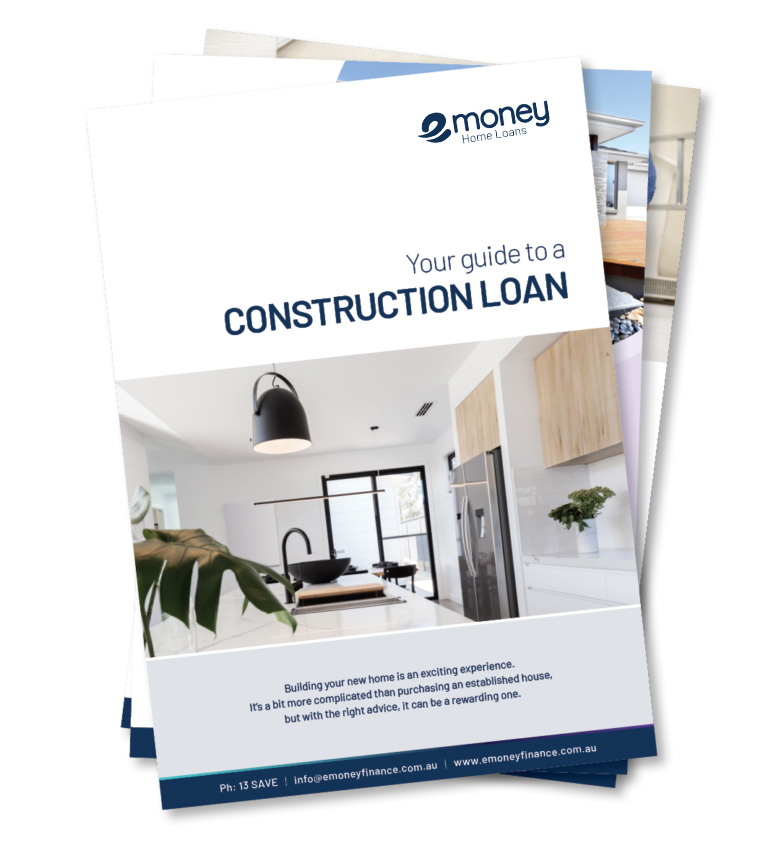
Property investing for beginners
Buying an investment property continues to be a popular way for Australians to create wealth. Property investment can produce great returns but like all investment strategies there is an element of risk. While each investor and investment has their own specific needs and set of circumstances, there are a number of general guidelines you should take into consideration.
Know your budget and understand your ongoing costs
Property is a long-term investment so you should have a thorough understanding of your financial position before buying an investment property. It is essential you make sure you can afford to make your home loan repayments for the duration of the loan term. You could be out of pocket if you are forced to sell your investment property early to avoid defaulting on your loan.
Just like purchasing a home to live in, there are a number of upfront costs associated with buying an investment property. In addition to the purchase price you will need to budget for stamp duty, legal costs, lender’s mortgage insurance (if applicable) plus any extra funds you may need for renovations.
As a property owner you will also be responsible for its upkeep, regardless of whether you have renters in the property or not. Insurance, rates and maintenance costs can add up. Don’t forget to factor general repair costs for when things break down (and they always do!).
That said, tax deductions can balance your outgoings and over time your rental income will increase, so you can expect to see a better return on your investment. If you plan to rely on negative gearing make sure you have the cash flow to cover essential repayments. Property tax laws are constantly changing, we recommend you regularly consult with an accountant for independent advice about your situation to ensure you are across how these changes may affect you.
Do your homework
Choose an area where there is strong demand for rental property. Speak to as many real estate agents as you can to get their opinion, and research online. Look for suburb reports and information about property values, rental trends and demographics from independent sources like, Domain or realestate.com.au. You can access a lot of information on the internet but if you contact us we can provide you with a comprehensive RP Data property report—free of charge—as we subscribe to their services.
Don’t let your heart rule your head
When purchasing a property for investment purposes you need to take the emotion out of the equation. Don’t buy a house because you fall in love with it—you won’t be living in it. Buy a property that is functional and will appeal to tenants. An ideal property is one that doesn’t require too much money spent on it. Keep renovations to a minimum (i.e. only when they are absolutely necessary) and certainly avoid over capitalising on your investment. Try and see your investment property as a commodity that has the potential to bring you income and profit.
Get the right home loan
Your needs as a property investor are different from those of an owner occupier, and investment mortgages are structured to accommodate those needs. Knowing the repayment options and features available can help you determine which loan to apply for.
You can opt to make principal and interest (P & I) or interest only (IO) repayments on a fixed or a variable rate. Which loan type you choose will depend on your circumstances, but consider that over time, variable rates have been proven to be cheaper, although selecting a fixed rate loan at the right time can really pay off. Property investors typically choose IO loans as repayments are lower than they are for P & I loans and the repayments can be claimed as a tax deduction through negative gearing. You should also consider features such as an offset account or line of credit.
Offset account
An offset account is a savings or transaction account linked to your investment loan that can help reduce your interest repayments. The balance in this account is used to offset the amount you owe on your loan. As interest is calculated daily, the money in your offset account affects your home loan. One of the main benefits of an offset account is that you can still access the money in the account as you need it.
Line of credit
A line of credit can be drawn down at any time, making it particularly useful for unforeseen expenses like repairs to your rental investment. It works like a credit card where you can borrow up to a set credit limit with interest payable on the outstanding balance only.
For more information or to apply for an in investment loan, contact one of our lending specialists or complete our obligation-free pre-qualification form today.
We recommend you seek independent financial advice prior to making any decisions that could affect your financial security.

First Home Buyer's Guide
Enter your email address for instant access to our handy First Home Buyer's ebook.

Construction Loan Guide
Building a new home. Find out about the construction loan process.

